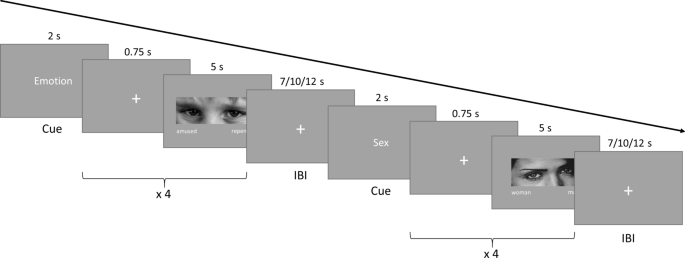
Nencki Children Eyes Test (NCET)
Project Leader: Laboratory of Brain Imaging
LOBI


DETAILS OF PROJECT
The development of the Nencki Children Eyes Test (NCET)(NAPS) is supported by the National Science Center Grants (2016/21/B/HS6/01143, 2019/33/N/HS6/02127).
While the majority of the studies concerning theory of mind are focused on how this ability develops in children or the deficits observed in subclinical and clinical populations, a relatively small fraction of studies focus on healthy adults. Among those which do, studies focusing on how adults, especially those who work with children, understand youngsters are lacking. The teacher-child relationship is thought to be very important in education and it is related to students’ academic achievements and classroom behavior. Emotional support received from the teacher is also beneficial for child development and reduce problematic behavior exhibit by some students. Therefore, a quality teacher-child relationship, based on TOM abilities, creates a supportive environment for student’s development.
Thus, to study this topic we developed Nencki Children Eyes Test (NCET) - a test analogous to the Reading the Mind in the Eyes (RMET; Baron-Cohen et al., 2001), but consisting of photos of Caucasian children. NCET comprises of 18 photos of girls and 18 photos of boys, which were cropped to the eye region and the colour was changed to black and white. All of the photographs were taken from www.flickr.com, all under the license of noncommercial use with modifications allowed (CC BY-NC 2.0). For each photo participants have to choose one of four terms describing mental states. For the purpose of NCET fMRI adaptation, we used two adjectives – the one that was the most frequently selected (treated as the correct answer) and the one that was the least frequently chosen in the validation process. In addition, the gender discrimination task was used as control condition for the fMRI procedure.
All images and adjectives (in Polish) used in the NCET are freely available to the scientific community for non-commercial use (https://osf.io/4mxa6/). We plan to translate adjectives to English in the future. Please contact us if you would like to translate NCET adjectives to your native language.
Publications:
Szczypiński, J., Alińska A., Waligóra M., Kopera M., Krasowska A., Michalska A., Suszek H., Jakubczyk A., Wypych M., Wojnar M. & Marchewka A. (2020) Familiarity with children improves the ability to recognize children’s mental states: an fMRI study using the Reading the Mind in the Eyes Task and the Nencki Children Eyes Test. Scientific Reports, 10,12964. doi:10.1038/s41598-020-69938-4